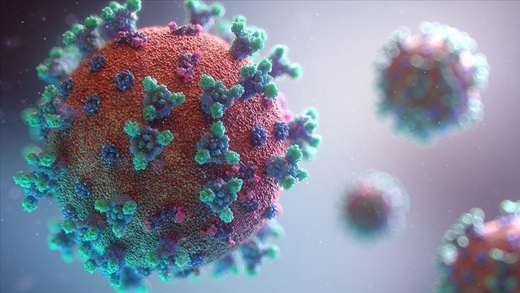
All you need to know about COVID-19 symptoms and when to seek hospital admission
Mangalore Today News Network / News18
New Delhi, May 03, 2021: COVID-19 is an infectious disease caused by the recently discovered coronavirus. The COVID-19 virus spreads primarily through droplets of saliva or discharge from the nose when an infected person coughs or sneezes. The virus enters the body via nose, mouth and eyes.

Some recent studies suggest that virus may be airborne and can be spread through fine infected droplets that remain suspended in the air in closed air-conditioned environments of offices, AC cabs-buses, shopping malls and theatres due to absence of cross-ventilation, even when you are not in direct contact with an infected person.
The most commonly reported symptoms of COVID-19 are:
• Dry cough, cold, sore throat
• Fever or chills
• Fatigue, tiredness, muscle or body aches
• Headache
• Congestion or runny nose
• Shortness of breath or difficulty breathing
• Loss of appetite/taste/smell
The severity and duration of symptoms for people who have COVID-19 can vary; for most people, usually the symptoms take 7-14 days to subside. Some people may have no symptoms while others may require hospitalization to treat these symptoms. Recovery from symptoms varies from person to person. In some cases these symptoms might persist even after testing negative for COVID-19.
If you have any of these symptoms, you should consult your physician who will advise for COVID testing if indicated. If you test positive and you have mild symptoms, the doctor may advise home treatment. Else, hospitalization may be advised.
Every positive test result is also informed to government and government representatives may visit your house for checking on you and isolating the family members.
When to seek emergency medical advice:
Monitor your symptoms regularly. If you get any one of the following, seek emergency medical care immediately:
• Worsening shortness of breath/ trouble breathing and cough
• If you are using a pulse oximeter, oxygen saturation less than 95%
• Worsening ability to concentrate/confusion
• Bluish lips or face
• A new or returning fever or persistent fever more than 101o F for 3 days
• Persistent pain or pressure in the chest
• Inability to wake or stay awake